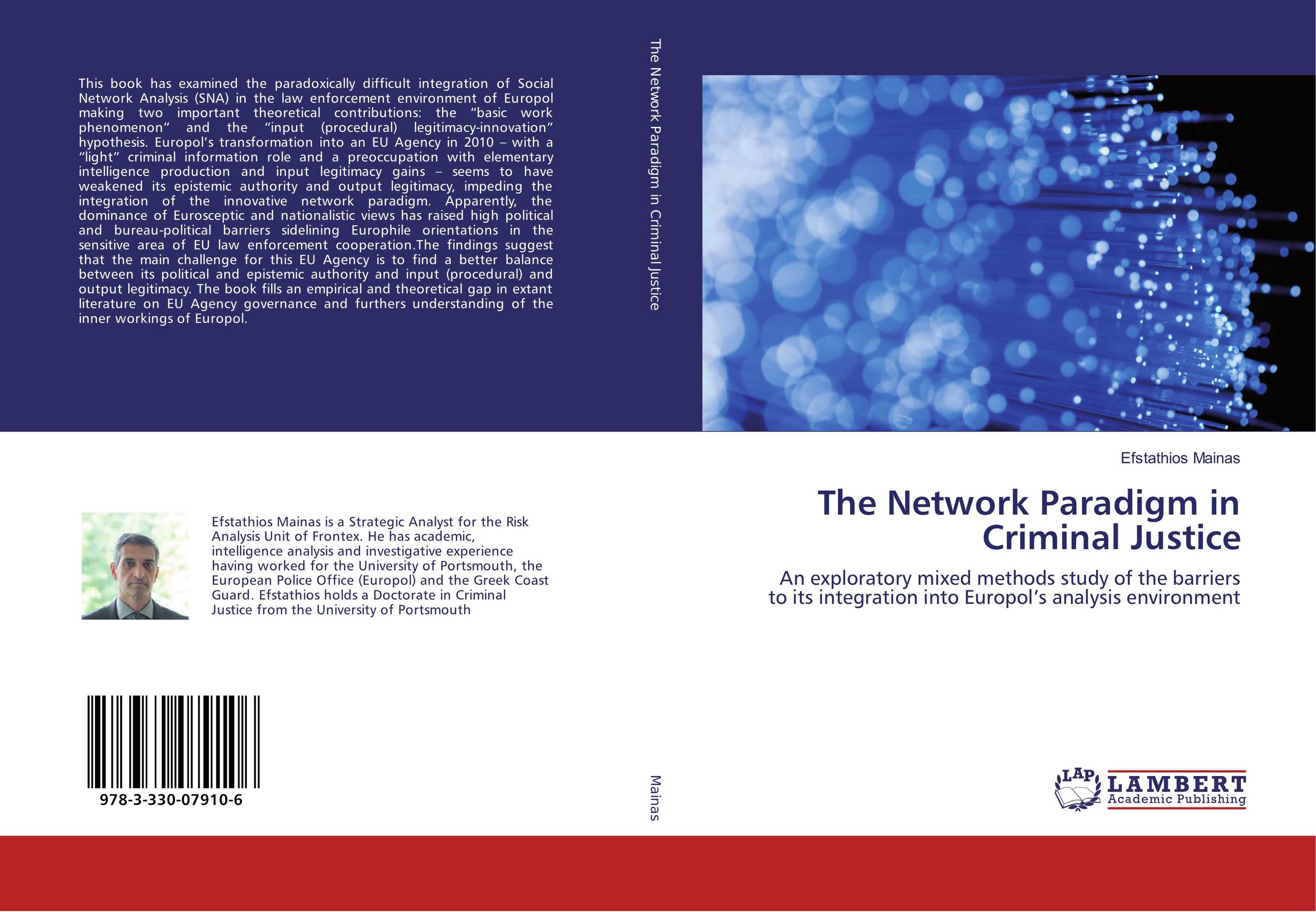| Поиск по каталогу |
|
(строгое соответствие)
|
- Профессиональная
- Научно-популярная
- Художественная
- Публицистика
- Детская
- Искусство
- Хобби, семья, дом
- Спорт
- Путеводители
- Блокноты, тетради, открытки
The Network Paradigm in Criminal Justice. An exploratory mixed methods study of the barriers to its integration into Europol’s analysis environment

В наличии
| Местонахождение: Алматы | Состояние экземпляра: новый |

Бумажная
версия
версия
Автор: Efstathios Mainas
ISBN: 9783330079106
Год издания: 2017
Формат книги: 60×90/16 (145×215 мм)
Количество страниц: 368
Издательство: LAP LAMBERT Academic Publishing
Цена: 47701 тг
Положить в корзину
| Способы доставки в город Алматы * комплектация (срок до отгрузки) не более 2 рабочих дней |
| Самовывоз из города Алматы (пункты самовывоза партнёра CDEK) |
| Курьерская доставка CDEK из города Москва |
| Доставка Почтой России из города Москва |
Аннотация: This book has examined the paradoxically difficult integration of Social Network Analysis (SNA) in the law enforcement environment of Europol making two important theoretical contributions: the “basic work phenomenon” and the “input (procedural) legitimacy-innovation” hypothesis. Europol’s transformation into an EU Agency in 2010 – with a “light” criminal information role and a preoccupation with elementary intelligence production and input legitimacy gains – seems to have weakened its epistemic authority and output legitimacy, impeding the integration of the innovative network paradigm. Apparently, the dominance of Eurosceptic and nationalistic views has raised high political and bureau-political barriers sidelining Europhile orientations in the sensitive area of EU law enforcement cooperation.The findings suggest that the main challenge for this EU Agency is to find a better balance between its political and epistemic authority and input (procedural) and output legitimacy. The book fills an empirical and theoretical gap in extant literature on EU Agency governance and furthers understanding of the inner workings of Europol.
Ключевые слова: euroscepticism, politicisation, Network paradigm, Social Network Analysis (SNA), criminal intelligence analysis, Europol, EU law enforcement, EU Agency governance, bureau-politicisation



